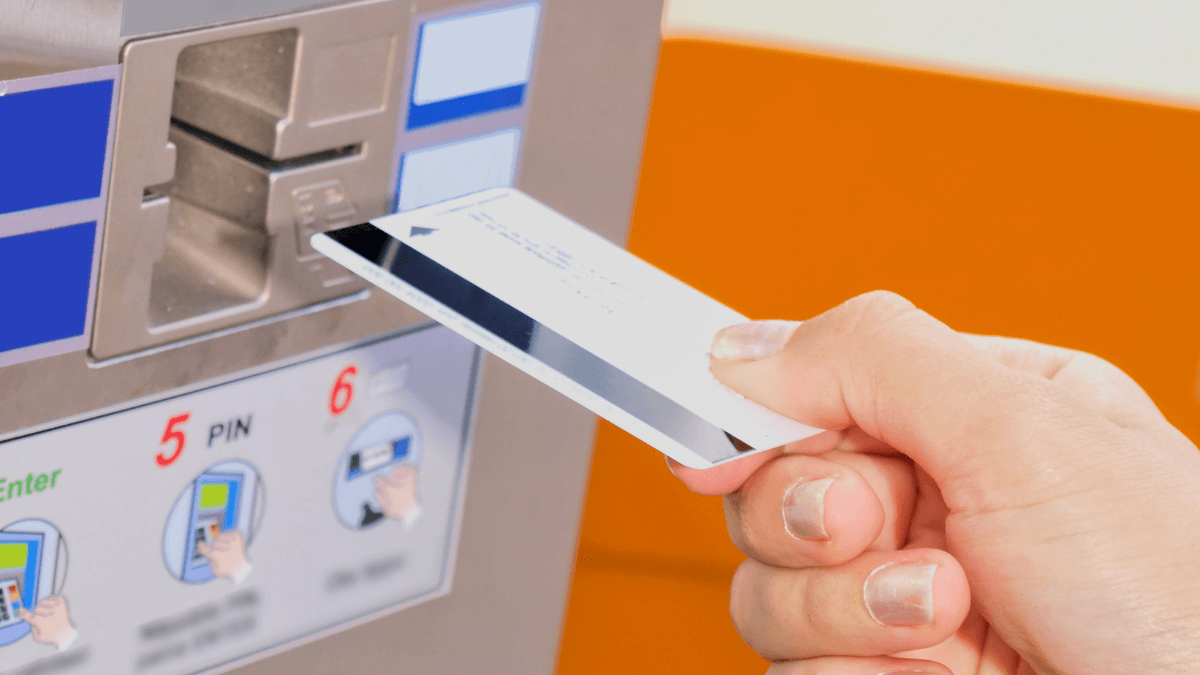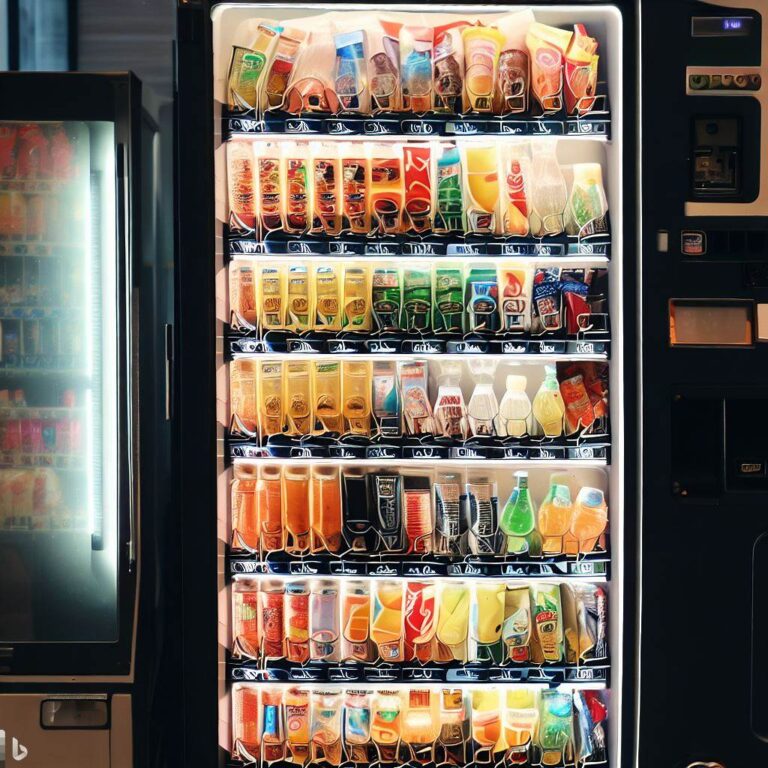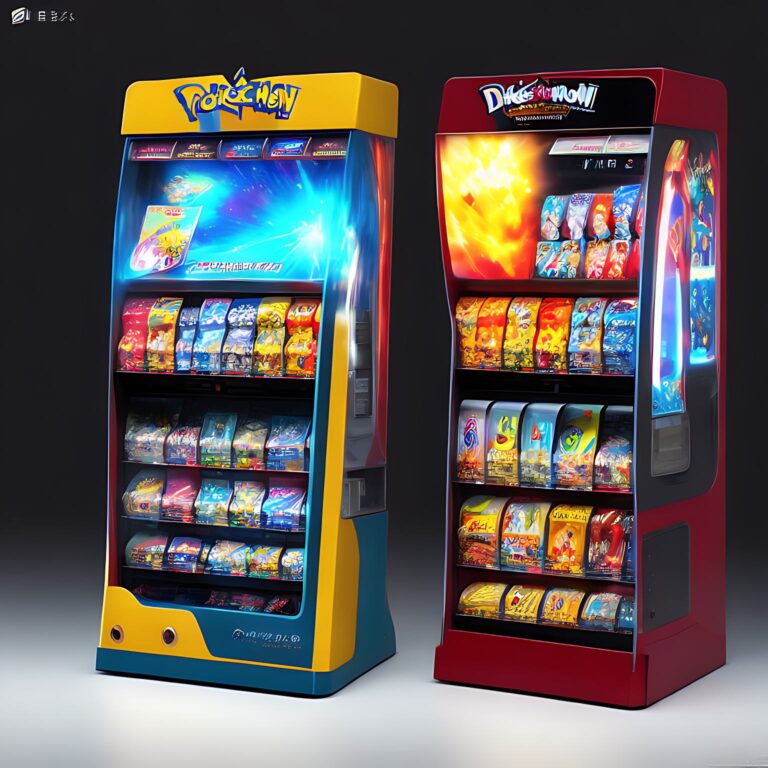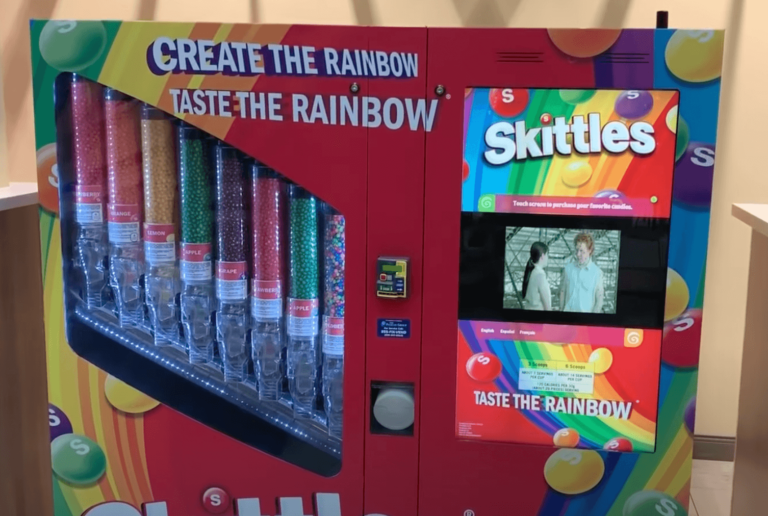How to Fix Vending Machine Too Many Transactions? SOLVED
Upon paying with a credit card or debit card, one common problem you may encounter is when a message pops up that says “transaction limit reached” or “too many transactions” and asks you to try again later.
Vending machines too many transactions can usually happen as a security measure. Whether the restriction of too many transactions is the bank connected to the vending machine’s system or the back connected to the user’s credit or debit card, the only way to resolve this is to contact the bank.
If you’re encountering the issue and wondering what that means and how to fix vending machines with too many transactions, this article is for you.
Today, we’re discussing the possible reasons for a “too many transactions” error on vending machines and how to fix it.
RELATED READ: Debit Card Not Working On Vending Machine – 13 Possible Reasons
Do vending machines have a recommended maximum number of Daily Transactions?
If you’re buying a new vending machine or upgrading it, the card payment processor included in its system may have a recommended daily transaction limit mentioned in the manual.
You should check the manual before setting up the machine for operation and make sure you follow the recommendation. If you don’t, you may be risking a system failure or machine shut down.
Not only could this cost you some customers because your machine’s card processor isn’t working, but you may also need to pay for maintenance.
RELATED READ: Vending Machine Card Reader Not Working: 6 Reasons
How to Fix Vending Machine “Too Many Transactions” Error?
The only way to fix any of the issues is for you to contact your bank and ask them about what could be wrong.
To Fix a Vending Machine with Too Many Transactions Errors, contact the bank connected to the machine’s payment system and request that they tell you the maximum number of transactions allowed per day. Inquire if your machine has reached it and -if you want- ask if there’s a way to raise the limit.
If you’re a customer, contact your bank and inquire about the reason your card is displaying such an error.
If there’s a pending purchase, you’ll need to wait until it’s cleared. If your card is flagged, you’ll need to provide some information to lift the restriction.
Why Do Vending Machines Display “Too Many Transactions”?
If a vending machine displays a message along the lines of “transaction limit reached” or “too many transactions”, then one of the following reasons could be the reason:
1. The Bank Connected to the Vending Machine’s System
When you try to buy from a vending machine using your credit or debit card, the machine may decline the payment and display a message saying that the number of transactions is too many or that the maximum number of transactions has been reached.
If you’re sure that the bank account linked to your credit or debit card has no problems and that you didn’t max out your card, then the issue is probably with the vending machine’s system itself.
While the programming of card readers and processors on vending machines can differ from one machine to the other, many of them have this feature built-in for security reasons. It’s set by the bank managing the vending machine’s contactless payment system to limit the allowed number of transactions per day.
The exact number varies depending on the bank as well as the terms of the agreement between the bank and the owner of the vending machine. In most cases, the conditions regarding the maximum number of daily transactions allow a higher number when the owner chooses a higher-tier package.
No matter the limit of daily transactions, it’s for security reasons. Too many transactions mean too many pending payments that are yet to be confirmed.
If these payments encounter balance issues or any other problem, they’ll cause losses to the bank and the vendor. As such, limiting the number of transactions per day ensures that they’re within a manageable capacity.
2. The Bank Connected to the User’s Credit or Debit Card
When you try using your credit or debit card to buy from a vending machine and it declines the payment with a message indicating “too many transactions” or “maximum transaction number reached”, then the issue could be related to the bank account linked to your credit or debit card.
Here are a couple of cases that could cause such an issue:
1. Your card has a large transaction pending
Let’s say you’d paid a relatively large amount for something like a hotel or a rental car using your credit or debit card shortly before trying to use it again to buy from a vending machine.
The transaction with the hotel or dealership may cause your card’s activity to be suspended or put on hold until it’s time to pay the final price to make sure your account will contain enough funds to cover its costs.
In such cases, you won’t be able to use your credit or debit card at the vending machine until your other purchases are cleared. The limit of your card before suspension depends on the size of your account and your card’s terms and conditions of use.
2. Your card has been flagged
Another reason for a “too many transactions” error when you try to use your card to buy from a vending machine is that your credit or debit card is flagged.
A card may be flagged due to an unusual spending spree on multiple purchases or one larger purchase than your normal activity. In these cases, flagging your card is a security measure done by your bank to protect you from fraud.
Wrap Up
Over recent years, paying in cash at vending machines became no longer the only option to buy snacks or drinks on the go. Most vending machines nowadays support card payments, enabling you to use your credit card or debit card to purchase from them.
Allowing contactless payment in vending machines brought about a lot of convenience for users, but it also came with a bunch of technical and banking-related issues such as overcharging and card reader malfunction.
So, how to fix vending machine “too many transactions” error?
Since the issue is most likely related to your bank, the only way to resolve it is by contacting the bank.






